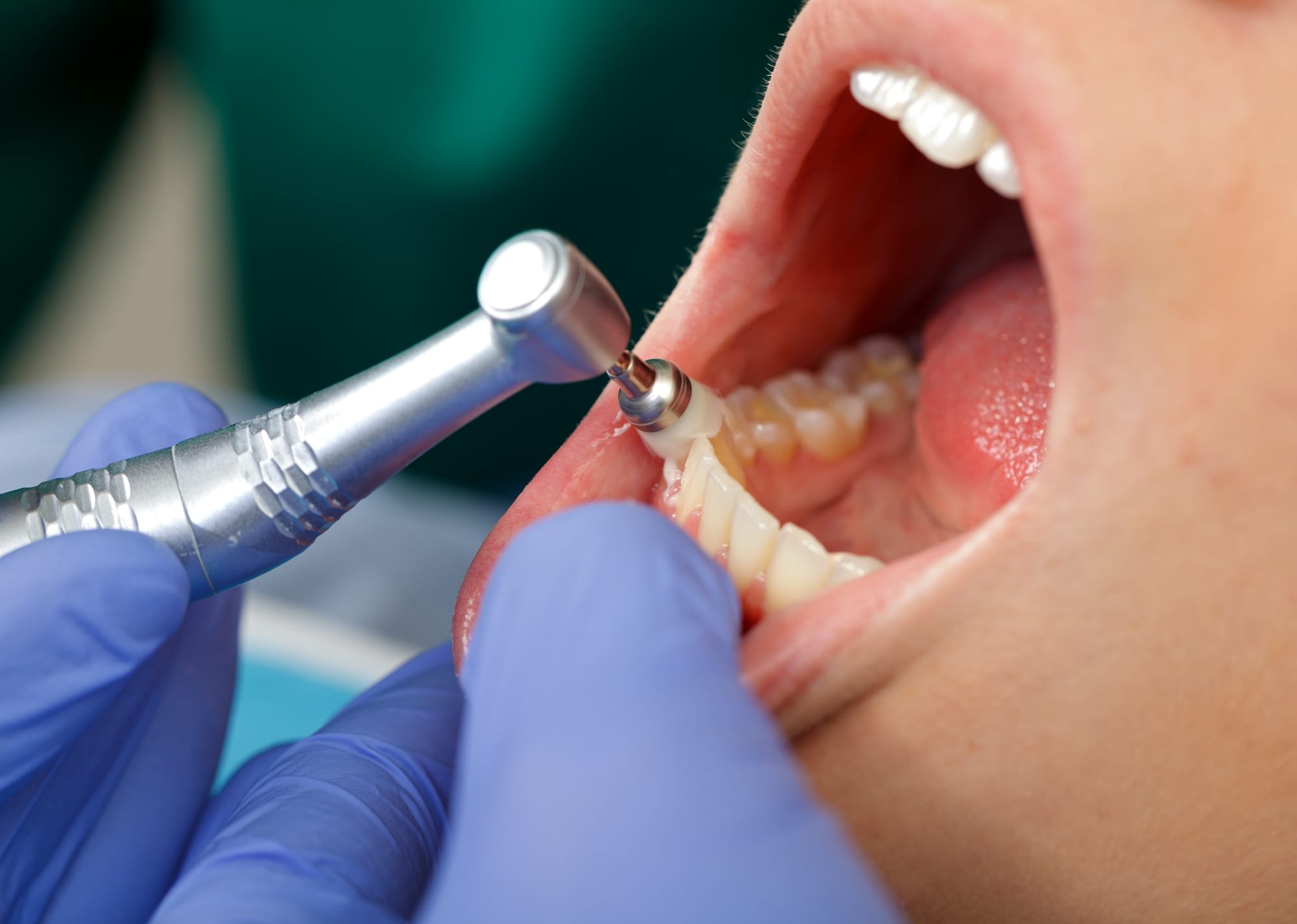
Introduction: The Importance of Dental Cleanings
Maintaining optimal dental health is crucial for overall well-being, but many people often overlook the significance of professional dental cleanings. While good oral hygiene practices such as brushing and flossing are essential, they alone are not sufficient to prevent all dental problems. Professional dental cleanings play a pivotal role in maintaining oral health by removing plaque and tartar that regular brushing cannot, thereby preventing a myriad of oral diseases.
The Problem: Confusion Over Dental Cleaning Frequency
One common problem many individuals face is determining how often they should get a professional dental cleaning. The lack of a one-size-fits-all answer leads to confusion and can result in either over-visiting or under-visiting the dentist. This confusion can lead to not only wasted resources but also potential harm to one's dental health. Over-cleaning might cause unnecessary expense and can sometimes lead to dental sensitivity or other issues, whereas under-cleaning might lead to the build-up of plaque, leading to cavities, gum disease, and other oral health issues.
General Recommendations for Dental Cleaning Frequency
For most people with normal dental health, the American Dental Association (ADA) recommends professional teeth cleaning at intervals determined by a dentist. The standard advice is usually twice a year. This semi-annual cleaning schedule is based on the assumption that regular care will prevent plaque and tartar build-up and spot potential issues before they become severe.
- Removal of plaque and tartar
- Prevention of cavities
- Lowering the risk of gum disease
- Early detection of potential dental problems
Factors That Influence How Often You Need Dental Cleaning
However, it's essential to understand that twice a year is merely a rule of thumb and might not apply to everyone. Numerous factors can influence the ideal frequency of dental cleanings for an individual:
- Oral Hygiene: Individuals who maintain excellent daily dental care might need fewer cleanings, while those with less rigorous routines might benefit from more frequent cleanings.
- Gum Health: People with signs of gum disease might require more frequent dental cleanings to manage the condition and prevent its progression.
- Medical Conditions: Conditions such as diabetes or heart disease can affect oral health and warrant more frequent dental visits.
- Smoking: Smokers are at a higher risk of periodontal diseases and might need more frequent cleanings.
Consulting with Your Dentist
The best approach to determine how often you should have your teeth cleaned is to consult with your dentist. A thorough examination can help assess your specific needs based on your oral health status and risk factors. This personalized approach not only ensures better dental health but also maximizes the effectiveness of each visit to the dentist.
Extending Benefits Through Home Care
In addition to regular professional cleanings, enhancing daily oral hygiene practices is crucial. Effective brushing twice a day, flossing daily, and possibly including an antimicrobial mouthwash can significantly extend the benefits of your professional dental cleanings. Here are a few tips to make the most out of your dental hygiene routine:
- Use a fluoride toothpaste for brushing to help reinforce tooth enamel and prevent decay.
- Ensure to floss daily to remove plaque and food particles between teeth where a toothbrush cannot reach.
- Consider using an electric toothbrush, which can be more efficient at removing plaque.
- Maintain a balanced diet, low in sugary foods and high in nutritious foods to support dental health.
- Don’t miss your regular dental check-ups as advised by your dentist.
Conclusion: Personalized Dental Care for Optimal Health
Ultimately, while the general recommendation may suggest biannual cleanings, it’s important to recognize that optimal dental care is highly individualized. Communicate openly with your dentist about your health history, lifestyle, and any concerns you might have to tailor the dental care plan that best suits you. Remember, proper dental care is a crucial element of overall health and understanding the right frequency for professional dental cleanings can play a significant role in maintaining both.
By addressing the issue of how often to receive professional cleanings thoughtfully and based on individual needs, we pave the way for better oral health outcomes and overall health. Frequent professional evaluations and cleanings, when combined with diligent personal care, are the best strategy to prevent dental disease and ensure a healthy, vibrant smile for years to come.